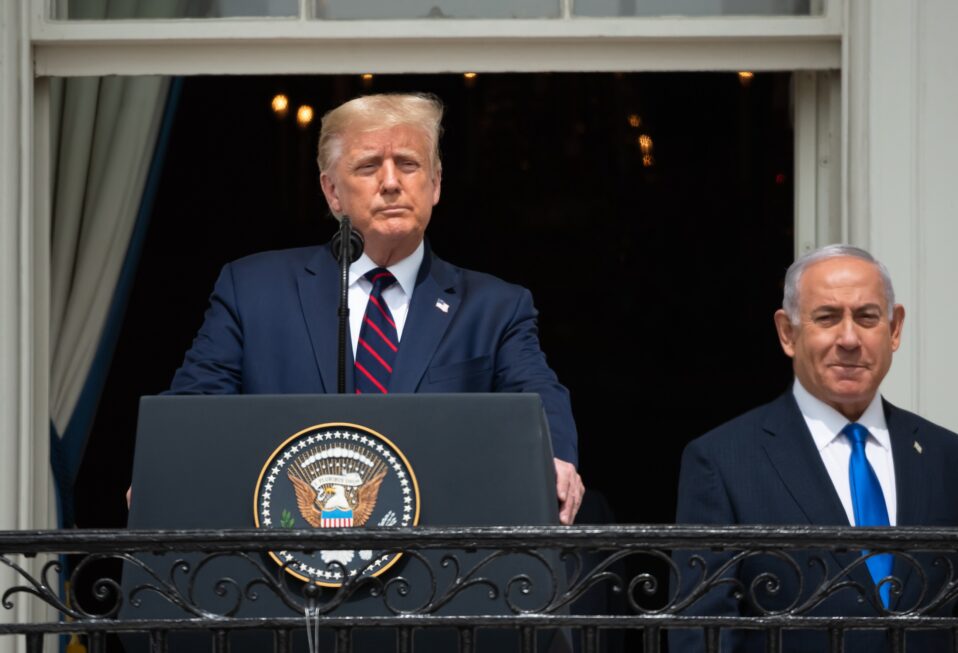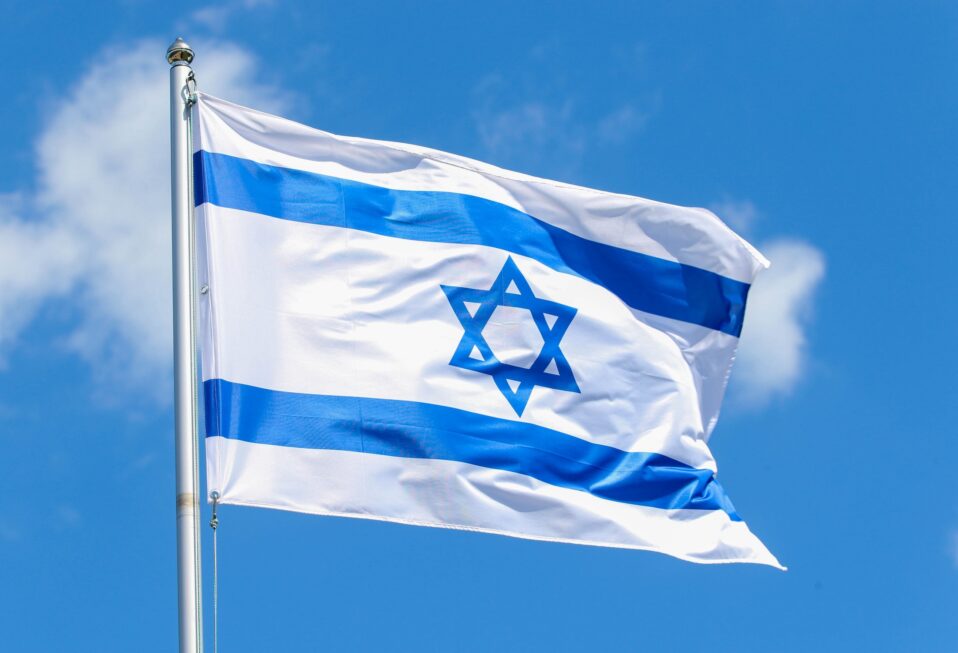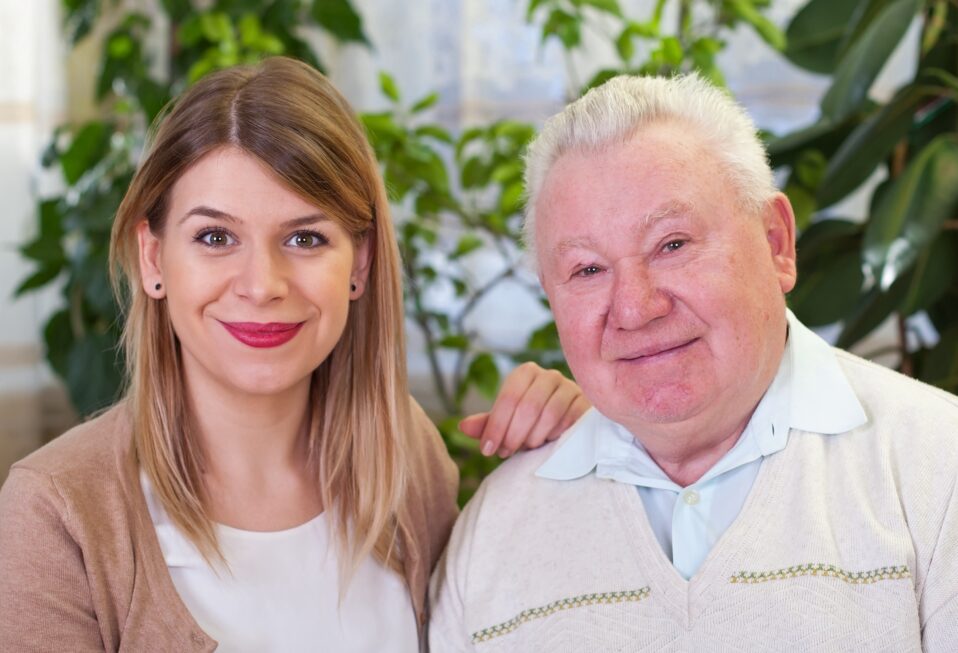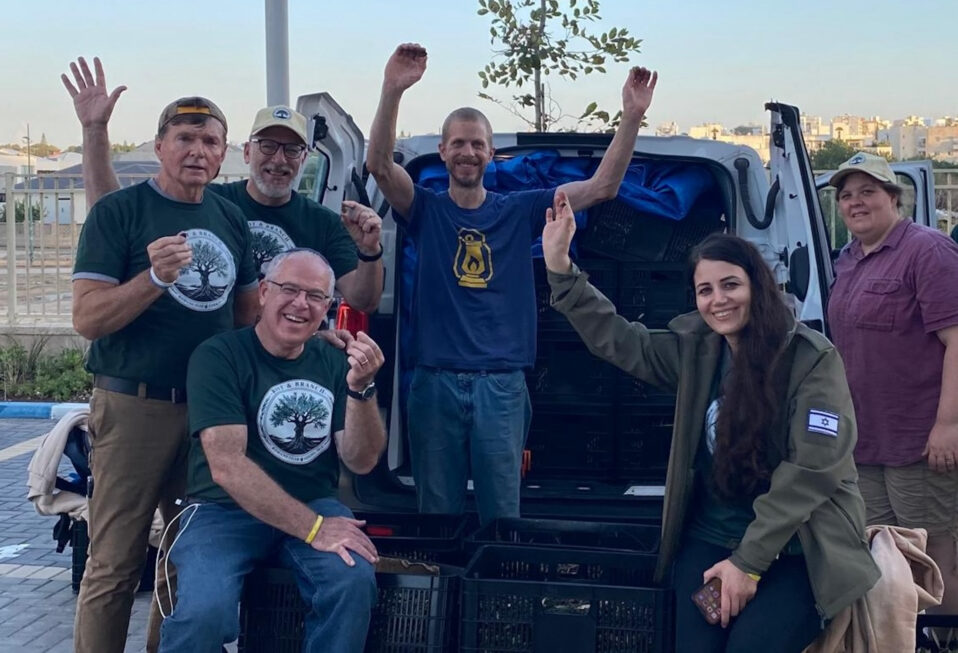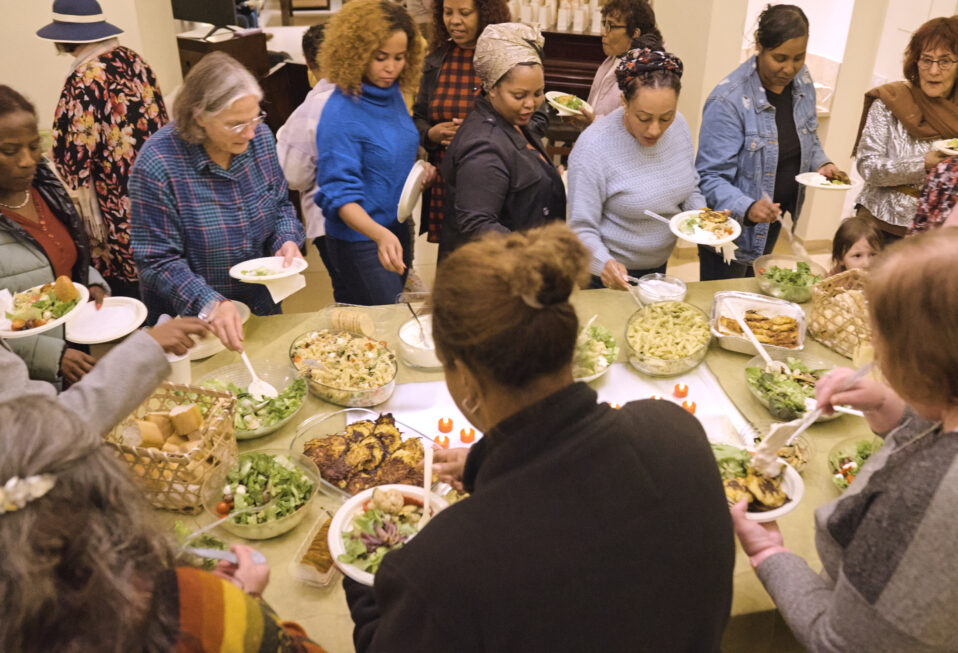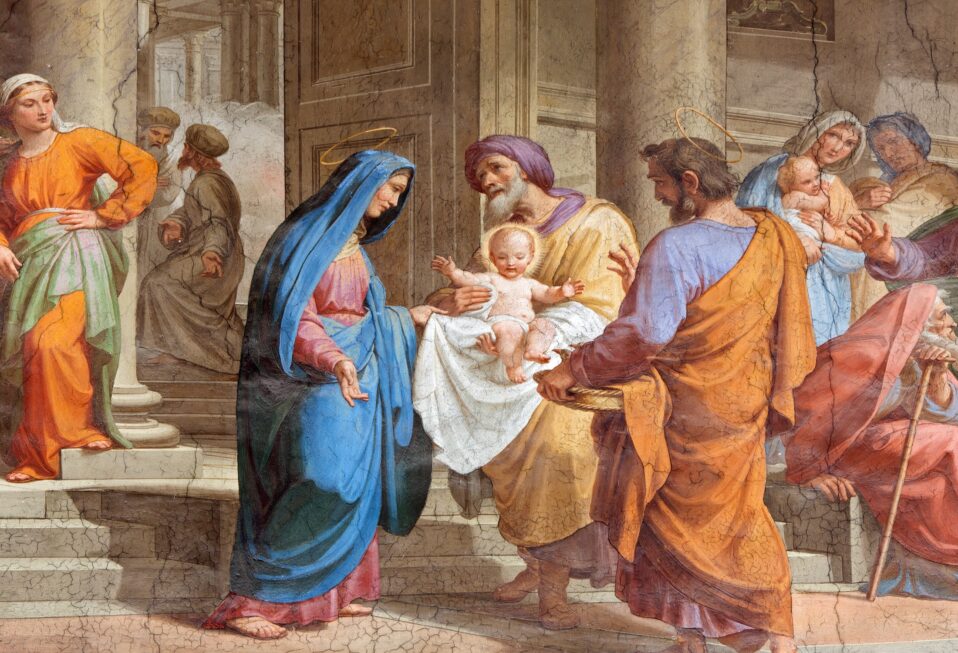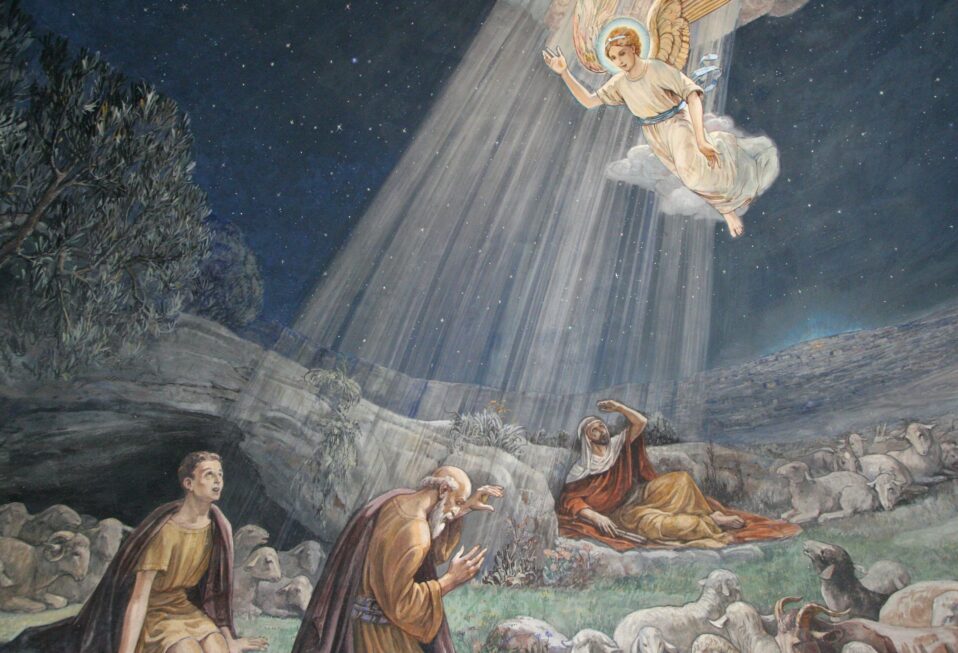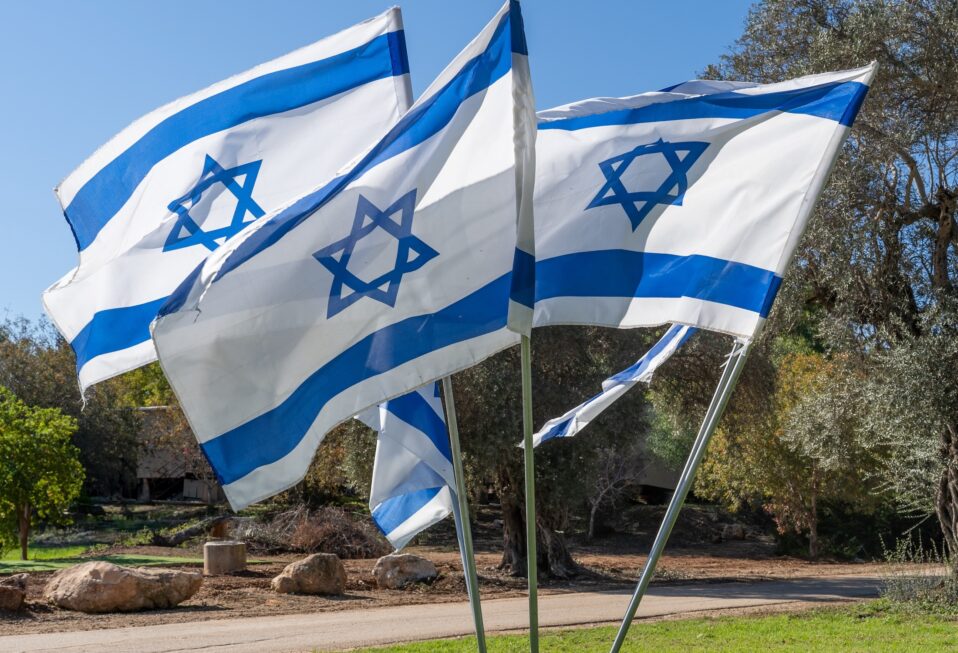By Arlene Bridges Samuels
BRING THEM HOME came true last Sunday for three Israeli hostages. Red Cross vehicles drove out of Gaza carrying long-awaited female passengers back home to Israel. Doron, Emily, and Romi walked into the arms of their mothers, who greeted them with jubilant hugs and tears. These daughters instantly became the daughters of every Jewish parent and sisters of the entire nation.
The next day, at noon January 20th as defined by the U.S. Constitution, the 45th president of the United States took his second oath of office, making Donald John Trump the 47th president of the United States. Americans are celebrating our soon-to-be rescued freedoms and our Judeo-Christian values. Even before Chief Justice Roberts swore him in, with Melania holding his mother’s 1955 Bible, President Trump had made a significant mark in the hostage release deal.
Two long-standing allies are marking two historic events. Drawing deep breaths of gratefulness interwoven with hope, both nations also recognize the difficult days ahead.
First, celebrations broke out everywhere. Excited supporters flew into a frigid Washington, D.C., and one flight warmed up when a traveler video recorded passengers, who began singing “YMCA.”
In a Sunday night rally at Capitol One Arena, 20,000 supporters packed into the arena cheering as Trump walked onto the stage with Lee Greenwood singing his beloved song, “Proud to be an American.” Trump greeted Greenwood, stepped to the podium, and declared, “We won!” Two of Trump’s young grandchildren in the arms of Eric and Lara Trump led the Pledge of Allegiance and recited it perfectly.
Angela Halili and Arielle Reitsma, popular podcasters of “Girls Gone Bible,” offered a compelling prayer. “President Trump, we set the name of the Lord upon you, and we declare that no weapon formed against you will prosper and that every tongue that rises up against you in judgment will be condemned.”
The Trump family, along with an eclectic slate of speakers and music, filled out the exhilarating program.
After President Trump’s remarks concerning the executive orders he would be signing the following day, the Village People took the stage with the iconic 1970s YMCA song. Trump remained on stage and showed some of his dance moves. The entire arena pulsated with happiness.
Some of YMCA’s lyrics are especially appropriate for Trump’s American supporters. Four years of increasing alarm enveloped us as we watched our country’s slide into lawlessness, the broken borders, and ungodly choices. We prayed and went to work and changed history with a massive number of votes tallied on November 5, 2024. More Christians finally decided to vote this time around and it made a big difference. Like the YMCA lyrics say, “There’s no need to feel down … pick yourself off the ground.” And that is what Americans did.
Earlier in the day, prior to his inauguration, President-elect Trump, Vice President-elect J.D. Vance, their wives, and key members of Trump’s team visited Arlington National Cemetery for the solemn wreath-laying ceremony at the Tomb of the Unknown Soldier. Trump had invited two Gold Star family members to pay their respects. A wounded warrior on crutches, who appeared to have lost his right arm and left leg, placed the final wreath as he stood beneath the cold, light rain.
Meanwhile, when the release of Doron, Emily, and Romi was official, Israel’s national airline El AL announced the good news on every flight. It is easy to guess the reaction of passengers.
Israelis anticipate a wide range of excellent policy decisions emerging from Trump’s administration. The good relationship between Trump and Netanyahu also signals unwavering American support for Israel if Hamas violates its agreements during the 42-day ceasefire.
International Bible teacher Amir Tsarfati is calling for 42 days of prayer. The Israeli explained, “The next 42 days will be unlike anything our nation has ever experienced so far. While fighting on seven fronts, we are being mentally and psychologically tortured by a demon-possessed terror group that won’t even tell us which of the 33 hostages to be released are still alive.”
Here is the agreed-upon schedule, although Hamas has not relented in its murderous goals. Four hostages will be returned to Israel on the seventh day. Thereafter, Hamas would release three hostages every seven days, starting with the living, and then moving on to return the bodies of those who have died. Finally, 14 hostages would be returned in the sixth and final week of Phase One.
If Hamas backs out of the deal it would be no surprise, although many hundreds of terrorist murderers are being released. This is a nightmarish Gordian Knot, a metaphor for an intractable problem eventually solved by the ability to “think outside the box.” Let us add our prayers here on earth for Trump and Netanyahu to untie the knot. The reality is that God Himself will untie the knot. Psalm 94:14-15 tells us, For the LORD will not abandon His people; nor will He abandon His inheritance. For judgment will again be righteous, and all the upright in heart will follow it.
In an interview, Yoav Engel offers a stark description of what Israelis are facing. His son Ofir, now 18 years old, was visiting a friend at Kibbutz Be’eri where terrorists murdered 101 residents, burned homes, and committed other atrocities. Ofir was captured that day on October 7, 2023, and released after 54 days. However, Yoav says that everything reminds him of the fear, anguish and anxiety of those two months. When he and his wife discuss the two anguish-filled months of not knowing whether Ofir was dead or alive, he says the family is still held captive by trauma.
Regarding the remaining hostages and their families, Yoav tries to understand. “I can’t even describe how I am. There are no words in Hebrew that describe this. The words don’t exist in our language.”
Our CBN Israel team welcomes you to pray with us this week following Psalm 146:1-3: Praise the LORD, my soul. I will praise the LORD all my life; I will sing praise to my God as long as I live. Do not put your trust in princes, in human beings, who cannot save.
Prayer Points:
- Pray with praises for Doron, Emily, and Romi’s release and for remaining hostages and their families.
- Pray that Hamas will keep its part of the deal.
- Pray for President Trump’s safety at all times.
- Pray for successes for members of Trump’s cabinet.
Arlene Bridges Samuels is the weekly feature columnist for CBN Israel since 2020. Working on the staff of the American Israel Public Affairs Committee (AIPAC) as their SE Regional Outreach Director for nine years, International Christian Embassy Jerusalem USA engaged her as the Leadership Outreach Director part-time for their project American Christian Leaders for Israel. Arlene is an author at The Blogs-Times of Israel, is published at AllIsrael.com and The Jerusalem Connection, and has traveled to Israel since 1990. By invitation, she attends Israel’s Government Press Office Christian Media Summits as part of Christian media worldwide. In 2024, Arlene and her husband Paul co-authored Mental Health Meltdown: Illuminating the Voices of Bipolar and Other Mental Illnesses. www.TheMentalHealthMeltdown.com.


